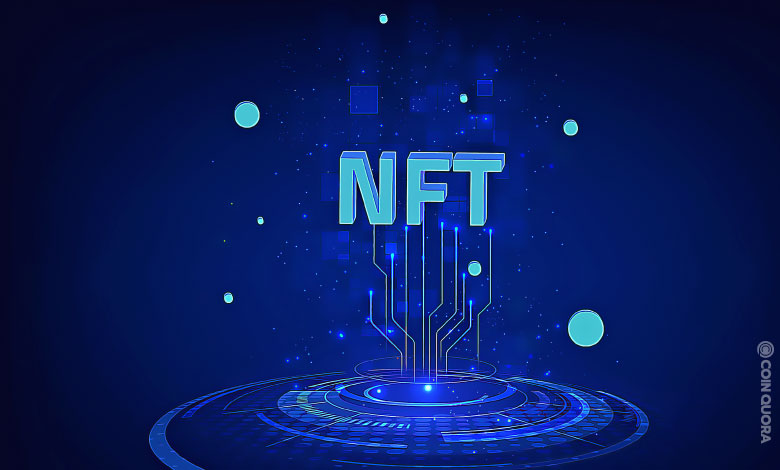
Over the last few years, the content creation industry has demonstrated rapid growth. This trend was heavily affected by the Covid-19 pandemic. Many content creators have no other choice but to monetize their content through a content creation platform. To make their profits even bigger, they started minting, selling, and buying NFTs.
Let’s see how Web3 can revolutionize the content creator industry. NFTs will play one of the leading roles there.
Table of Contents
Growth of the Content Creator Industry
In 2022, the content creator industry involves approximately 50 million people who position themselves as creators. Its revenue has already exceeded $100 billion. This becomes possible with the popularization of social media like JoinBrands, YouTube, TikTok, and Instagram. Creators can use any other content creation platform to share their products. They increase brand awareness by developing authentic user-generated content.
Centralized platforms like YouTube and NFTs based on decentralized platforms have different financial matters. Making a huge capital on YouTube is an extremely complicated task. Creators need to produce plenty of videos that would attract thousands or even millions of viewers.
To earn an adequate income from content, creators may require additional options for monetization. Here are a few examples to consider:
- Selling and merchandising products online
- Looking for branded deals and paid cooperation offers
- Product touring, and so on.
Whichever option you go with, you should be ready to devote a solid portion of your time to it. If it doesn’t sound to be right, you should consider trying your luck with NFTs.
NFTs to Revolutionize Content Creation
NFTs turn out to be a convenient alternative to centralized platforms. Their value is usually determined by the market. The benefits are going to be enjoyed by the owner and the initial creator. Instead of spending days and months on unique content for the highly-demanding audience, creators can stick to NFTs.
Low-quality content won’t do any good in the NFT space. Valuable content is the only way to succeed. How does it usually work? The original creator will put an NFT for the auction so more people can see it. With the growing interest in an NFT, its value is also going up. Moreover, the creator earns money with the initial sale and then gets a percentage from every future sale. Without doing anything else, the creator keeps getting profits from his piece of art.
Considering the innovative nature of the NFT space, it still needs to settle down in the Web 3 world. This can be done by powering the NFT drop and developing a wider Web 3 environment.
Content creators introducing a new paradigm with NFTs
Creators who turn their work into NFTs don’t have to use third-party intermediaries. They just need to learn how to extract as much value as possible from every piece of art. Considering the high accessibility of NFTs, they have a good chance of being noticed by potential buyers. This way, it is easy for the NFT space to facilitate direct connections between artists and fans.
Content creators should be able to take control of their products through NFTs. This allows them to establish a great understanding with other parties. In fact, they can ask what relationship they want with their fans.
As a creator, you need to find what you can offer and then use NFTs as contracts under your control. This creates a good connection with fans and everyone interested in your work. Traditional platforms like YouTube and Facebook can’t promise this kind of effect.
Having your own platform reveals the value of having your own relationship with fans. For example, creators on the OnlyFans content subscription can demonstrate NFT profiles. And this is just one of the steps in exploring the role of NFTs.
Final Words
Web 3 has started a new stage in the content creation industry. Web content can be organized in an absolutely different way. Apart from storing data on just one central server, it also distributes it among many computers through blockchain technology. Thus, content is no longer kept hostage in corporate databases. This definitely changes the way creators handle their content and profit from their work.






